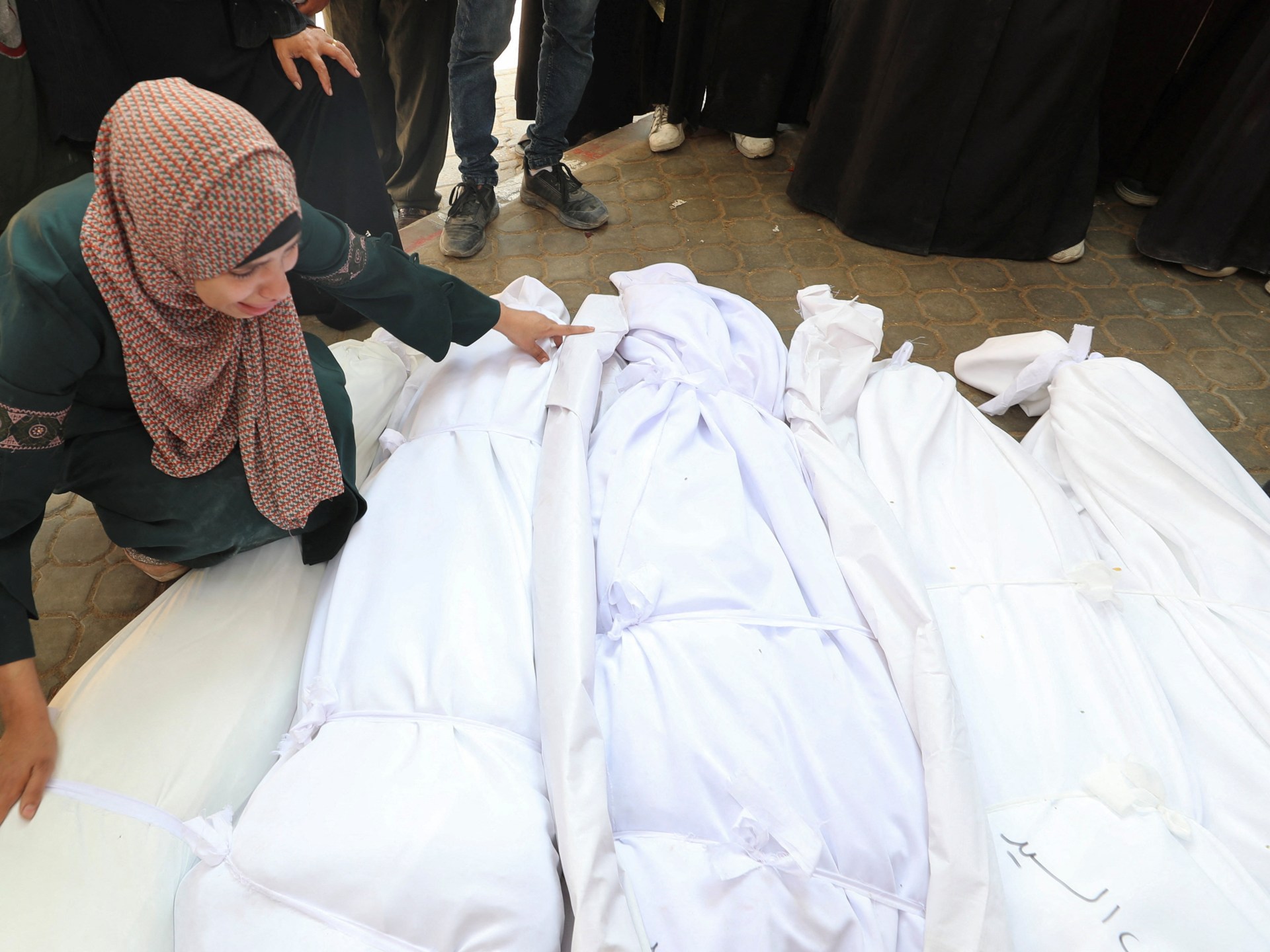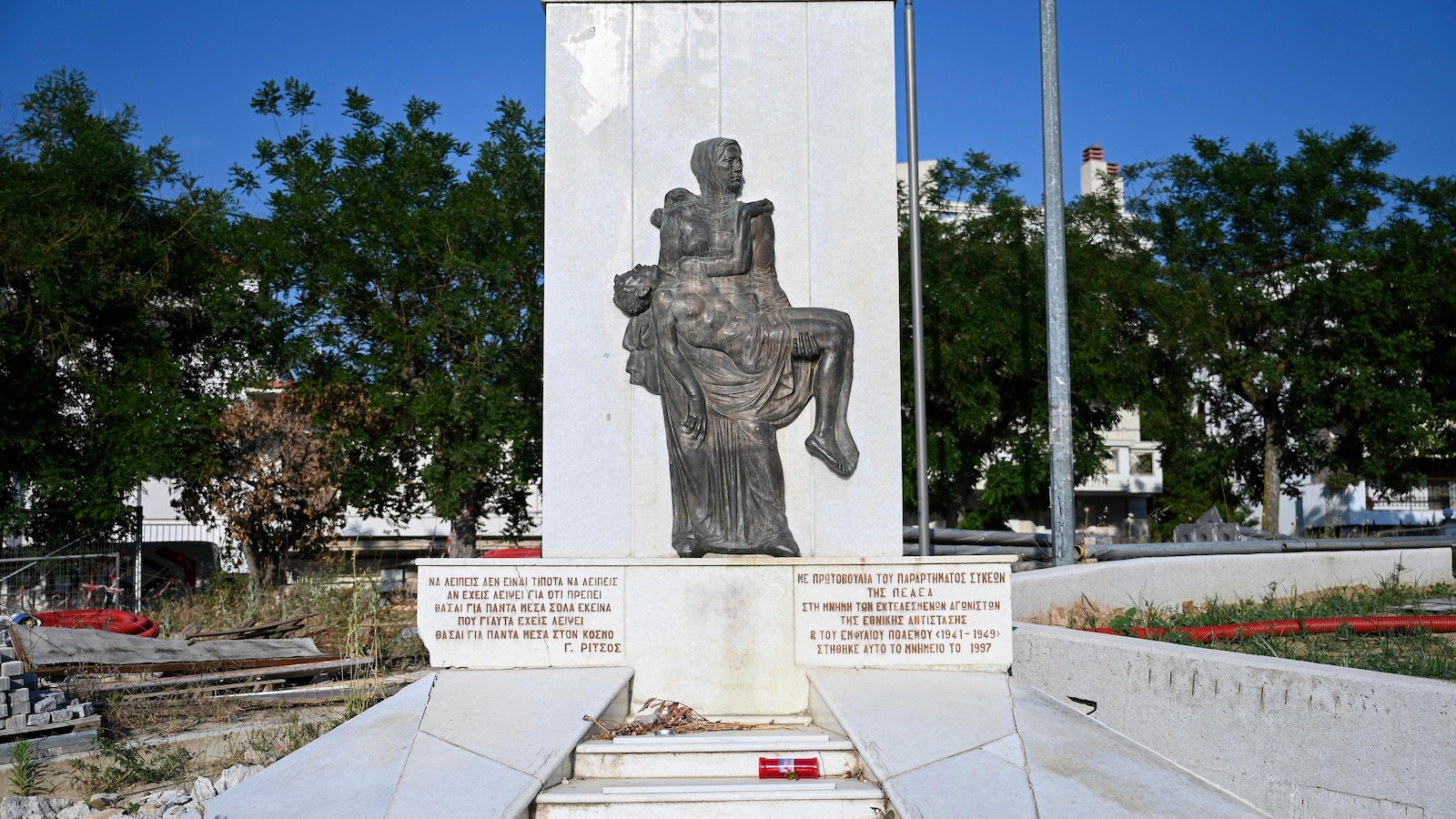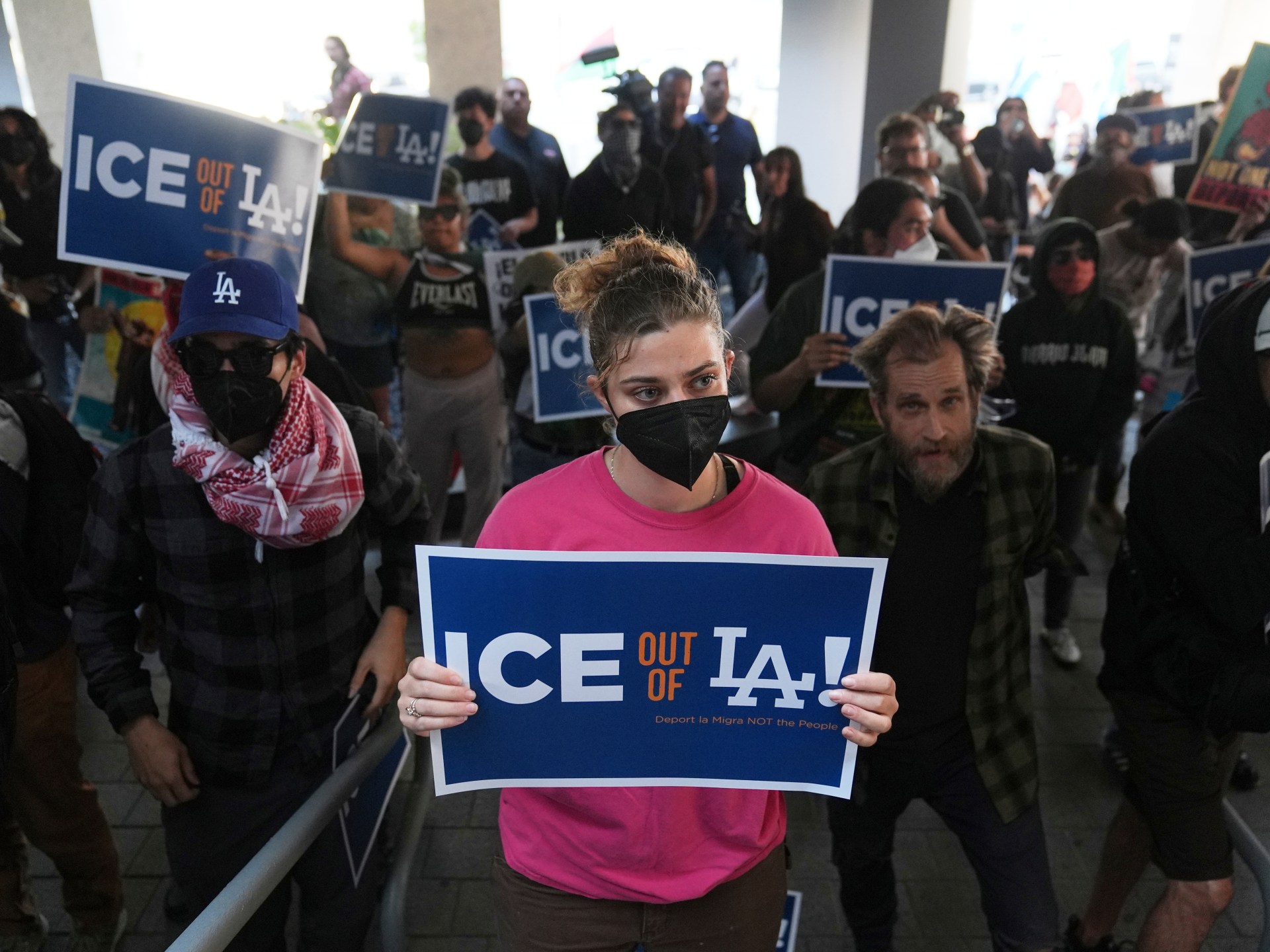MADRID — A small sport popular in Spain’s northern Basque Country has stirred up a political controversy that triggered court action and fanned the region’s long-held feelings of nationalism.
There has been back-and-forth spats between sports officials and politicians after the Basque Country region was allowed to compete as a nation in international competitions in pelota vasca, a sport that was in the Olympics more than 100 years ago but is now rarely seen in most parts of the world.
Even sport’s highest court was asked to get involved.
The dispute culminated this weekend in what many had thought was an impossible scenario: The Basque Country and Spain playing against each other in an international sporting event — the pelota vasca Nations League.
The Basque Country, also known as Euskadi, maintains a strong cultural identity and traditions in a region once scarred by violence. The Basque separatist movement began in the late 1950s and was led by the now-defunct militant group ETA. In 2011, the group declared a “definitive end” to an armed conflict that killed nearly 900 people, and it officially disbanded in 2018.
Pelota vasca, also known as Basque pelota, is played on a court with players using their hands and different types of rackets to hit the ball against a high wall. Depending on which version of the sport is being played, there are different court measurements — all of them with a high front wall and most with another high side wall. The biggest court is 54 meters long (177 feet long).
In the Basque Country region, it’s considered by many as a national sport.
There were jeers when the Spanish national anthem played at the awards ceremony in the Basque Country location of Gernika-Lumo.
The Basque Country won the men’s final on Friday night, while Spain took the victory in the women’s decider.
The sport’s Spanish federation had strongly opposed the recognition of the Basque team, citing alleged illegalities in the recognition process by the international body. It denounced “pressure, threats and coercion” against Basque players who had chosen to play for Spain.
Spain eventually went to the Court of Arbitration for Sports and asked for a ruling on the legality of the changes made in the bylaws of the international federation to allow the Basque team to be recognized. The Spanish federation said it was not allowed to vote in the general assembly in late December. The CAS decision is still pending.
“It’s essential to emphasize that this is not an issue against the Basque Country, but rather a matter of legality,” the Spanish federation said in one of its many statements.
The Spanish federation at one point complained of a lack of government support and was especially upset when the nation’s top sports official, José Manuel Rodríguez Uribes, said that pelota vasca shouldn’t be considered a Spanish sport in the sense that it is not played throughout the nation.
The Spanish federation said the sport has an “unquestionable national presence” with more than 10,000 athletes in the country.
Politicians in the Basque Country had deemed the recognition by the international federation as historic. They had been working on making that possible for several years but lacked legal backing within local laws and statutes.
“It was unimaginable not too long ago to see these athletes wearing the Basque Country jersey in an international competition,” said Aitor Esteban, president of the Basque Nationalist Party. “I think it’s an important and exciting step. It’s another step toward national recognition as a country. This international presence gives us visibility.”
The Spanish federation said the Nations League can’t be considered an official competition because the international federation did not meet the requirements needed to be able to host the event on Spanish soil, which included proper approval by Spanish officials.
The Spanish federation said it only participated in the event out of consideration for its athletes who wanted to play and were afraid that the competition could eventually serve as a qualifier for next year’s world championships in Argentina, as indicated by the international body. The Spanish federation insisted it can’t be considered an official competition.
The Basque federation of pelota vasca praised the fact that its national team became a “reality.”
“We were born to grow and promote pelota vasca. It is part of our culture, of our identity and of our people,” it said. “We look to the future with hope, the future is ours.”
In addition to Spain and the Basque Country, the other participants in the Nations League were the United States, France, Mexico and the Philippines.
Pelota vasca was an official Olympic sport at the 1900 Paris Games and has been a demonstration sport several times since then, most recently in Barcelona in 1992. Variations of pelota vasca include jai alai, which in the United States is mostly played in Florida. Other countries where the sport is seen include France, Argentina, Mexico and Cuba.




Leave a Comment